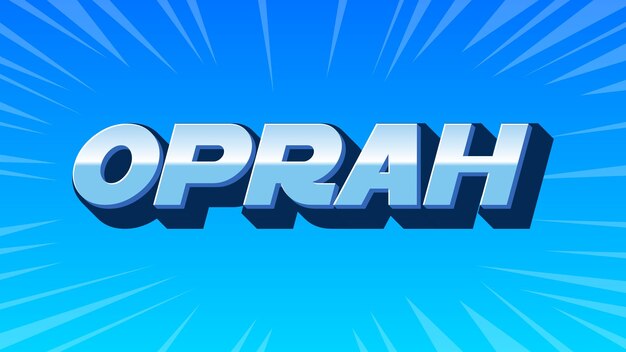Individuals with strong emotional intelligence (EI) can be found across various spheres of life, from leaders and educators to artists and healthcare professionals. They are characterized by their ability to understand and manage their own emotions, as well as recognize and influence the emotions of others.
Here are a few examples from diverse fields…
- Nelson Mandela – The late South African President is often cited as a prime example of emotional intelligence. His ability to forgive his oppressors and empathize with their fears, despite 27 years of imprisonment, allowed him to lead a nation through a peaceful transition from apartheid to democracy. Mandela’s leadership showcased empathy, self-regulation, and an incredible ability to inspire and unify people.
- Oprah Winfrey – As a media mogul and philanthropist, Oprah Winfrey has demonstrated a profound ability to connect with others on an emotional level. Her empathetic listening, open sharing of personal struggles, and genuine interest in people’s stories have endeared her to millions worldwide. Oprah’s emotional intelligence shines through her ability to create meaningful conversations and foster a sense of community and understanding.
- Dalai Lama – The Dalai Lama is renowned for his deep emotional intelligence, particularly his empathy, mindfulness, and focus on compassion. His teachings emphasize the importance of understanding one’s own emotions and using that knowledge to foster happiness and peace, both internally and in the world at large.
- Satya Nadella – The CEO of Microsoft, Satya Nadella, has been credited with transforming the culture of the company by fostering empathy and collaboration. Under his leadership, Microsoft has placed a greater emphasis on understanding and meeting the needs of its customers, as well as encouraging employees to learn from failures and continuously grow.
- Brene Brown – A research professor and author known for her work on vulnerability, shame, and empathy, Brene Brown demonstrates high emotional intelligence through her ability to explore and articulate complex emotional states. Her willingness to be vulnerable and her capacity to foster empathy and understanding in others highlight her strong EI.
These individuals exemplify how emotional intelligence can lead to significant achievements and positive change, both in personal life and on a broader societal level. They demonstrate that strong EI is characterized by self-awareness, self-regulation, motivation, empathy, and social skills, which enable them to navigate complex emotional landscapes and connect deeply with others.





